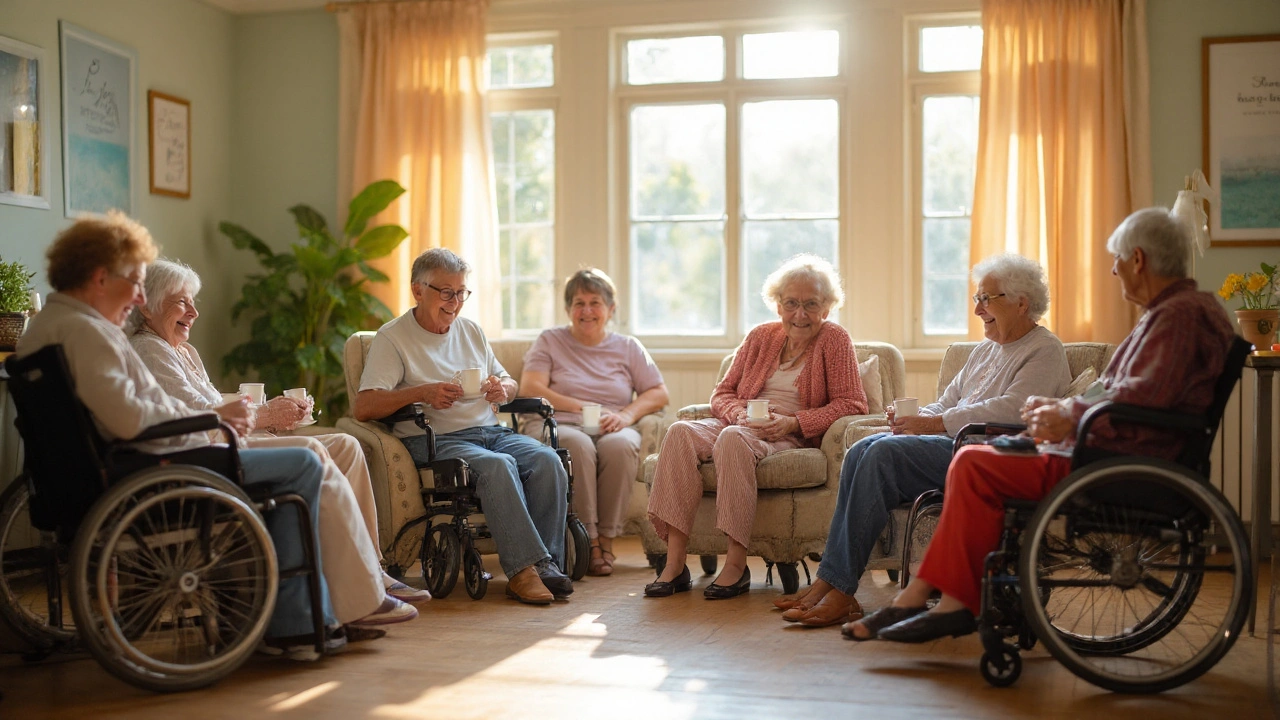Multiple Sclerosis Social Life: Real‑World Tips to Stay Connected
Living with multiple sclerosis (MS) doesn’t mean you have to drop your friends, hobbies, or events. The key is figuring out what works for you today and being ready to adjust when symptoms change. Below are simple steps you can try right now to keep your social calendar lively.
Plan Ahead, Reduce Stress
Before you say yes to a dinner, meetup, or outing, check your energy level and any upcoming meds that might cause fatigue. A quick glance at your calendar and a 5‑minute note about how you feel can stop you from over‑committing. If you know you’ll be tired after work, suggest a low‑key coffee instead of a long dinner.
Choose Accessible Activities
Pick places that are easy to get to and have good seating, ramps, or elevators. Parks with smooth paths, coffee shops with level floors, and community centers that offer wheelchair‑friendly rooms make it simpler to join in. When you’re not sure, call ahead and ask about accommodations – most venues are happy to help.
Bring a buddy who understands your needs. A friend who can help with a cane, a bag, or just a quick check‑in can boost confidence. Most people enjoy being supportive when you’re clear about what you need, so don’t be shy about asking.
Use technology to stay in touch when you need a break. Video calls, group chats, and social apps let you join the conversation without traveling. You can still celebrate birthdays, share jokes, and keep up with news, all from the comfort of home.
Join an MS‑focused group online or in person. Peer groups often organize game nights, walks, or educational talks that cater to various ability levels. Hearing how others handle similar hurdles can spark new ideas for your own life.
Be honest about symptoms, but keep it brief. A quick “I’m feeling a bit shaky today, can we sit near the exit?” tells people how to help without making it a big deal. Most friends appreciate the heads‑up and will adjust the plan.
Schedule regular “social resets.” Set a reminder once a week to reach out, plan a meetup, or simply send a text. Even a short check‑in keeps relationships strong and reduces the feeling of isolation that can creep in with chronic illness.
Listen to your body and celebrate small wins. Went out for coffee? Loved the conversation? Give yourself credit. Those moments add up and reinforce that an active social life is still possible, even with MS.
Sclerosis and Social Life: Practical Tips to Stay Connected
Discover actionable strategies for people with sclerosis to stay socially active. Learn about support groups, digital tools, fatigue management, and inclusive activities that boost connection and wellbeing.
